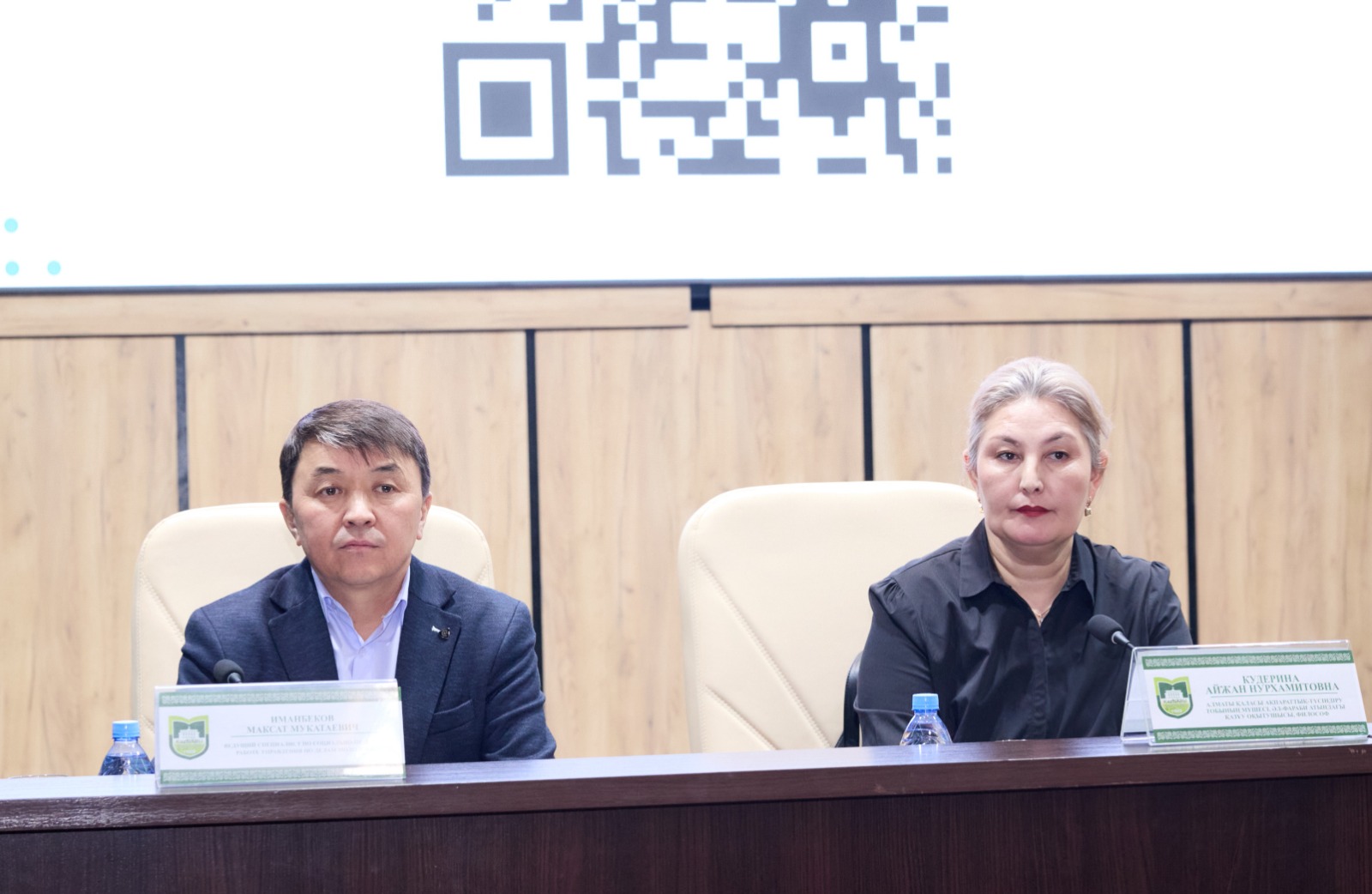KazNARU hosted the 2nd International Interdisciplinary Scientific Conference "Digitalization and Sustainability for Development Management: Economic, Social and Environmental Aspects"
On September 15, 2022, KazNARU hosted the 2nd International Interdisciplinary Scientific Conference "Digitization and Sustainability for Development Management (DSDM-2022): Economic, Social and Environmental Aspects".
The main goal of the DSDM conference was to discuss the recent especially post-COVID9 trends in digitalizing education and science systems, and in creating synergies in international scientific and educational cooperation between representatives of science and practice in digitalization and sustainability of development management. Digital transformation presents many opportunities for interdisciplinary work and opens new horizons for scientific work; however, it also created many challenges to managing intensive scientific and technological processes to meet changing educational, business, and market requirements. The DSDM-2022 was designed to provide an interactive platform to exchange views and systematize knowledge in identifying development priorities, streamlining processes, and achieving effective synergies in addressing the various economic, social, and environmental challenges.
In his welcoming remarks, Vice-rector Esenbay Islamov said "Everyone knows that the consequences of the coronavirus pandemic, climate change, and global economic cataclysms have become a severe stress test for many sectors of the global and national economies. The agricultural sector was no exception. One solution to the challenges of the decade is the digitalization of all areas of the economy and education. More and more people are moving to digital services on the one hand - and we are not just talking about workplace automation and the emergence of the professions of the future. All this leads to the need for digitalization in many professions. The world of work will not return to previous forms and entities. In this context, new solutions are needed in the areas of staffing design, new staffing models, and the development of new education models. We are sure that today's conference will give impulse to address a number of urgent issues in the field of education, science and agribusiness".
In his presentation, Professor Rafis Abazov highlighted that international experts and scholars should assess the Sustainable development goals (SDGs), sustainable economic development, and digital transformation in regional and global economic development contexts. Educational systems around the world in general, and in Kazakhstan in particular need to adapt digital marketing, artificial intelligence, and cognitive technologies for sustainable economic development, effective energy management and sustainable economic development. Digital technologies should promote complex knowledge about SDGs in the education system, so students – the leaders of tomorrow – would be better equipped to deal with the environmental aspects of sustainable development and the usage of digital tools in their professional life. We are also talking about new formats of work and employment related to the development of digital literacy and digital absorption: mass remote work, the development of self-employment, packaged and platform employment, the GIG economy. It is now becoming more correct not only to talk about digital literacy as a basic employee-employer paradigm, but also about multilevel and multidimensional knowledge and competencies in digitalization.
All participants contributed to the lively debates during the DSDM-2022 conference, and explored various aspects of digitalization and sustainability for development management, including economic, social, and environmental aspects. The scientists and experts from around the world emphasized that there is a need to understand possibilities and consider cultural, geographic, and organizational differences and gaps in digital penetration levels between developed and developing countries in addressing modern challenges in education, science, and agribusiness. KazNARU laso presented some of its recent initiatives, such as the GREEN Campus Project, the MDP Program on education for sustainable development, and some other new educational, publication, and research initiatives.
The event was held in the online-offline format and was attended and addressed by the Acting Esenbai Islamov, Acting Chairman of the Management Board – acting Rector of KazNARU, Zagipa Bilieva, Vice-Rector for Strategy, Infrastructure Development, Digitalisation and Legal Affairs of KazNARU, Rafis Abazov, Professor, Director of the International Institute for Green and Sustainable Development of KazNARU, and Prof. Dr. Alex Kvilinsky, London Academy of Science and Business (London, UK). Dr. Sheraz Muhammad, Director, International Centre for Strategic Communication, KazNARU, managed a panel discussion with contributions from Prof. Dr. Tatiana Pimonenko, Sumy State University (Sumy, Ukraine) Dr Jan Polczyn, Stanisław Staszicz University of Applied Sciences in Piła (Poland), Dr Alex Lyulev, Sumy State University (Sumy, Ukraine), Dr Harald Everby, Norwegian University of Science and Technology NTNU (Trondheim, Norway), Dr Manuela Tvaronaviciene Vilnius Gediminas Technical University, Vilnius, Republic of Lithuania, Dr. Abimbola Olukemi Windapo, University of Cape Town (Cape Town, South Africa), Dr. Cetin Bektaş, Tokat Gaziosmanpasha University (Tokat, Turkey), Dr. Lester Ingber, "Institute for Physical Research" (Ashland, USA) Ashland, USA), Dr. John Aggrey Vice President of HIRED Project USA and other renowned experts.
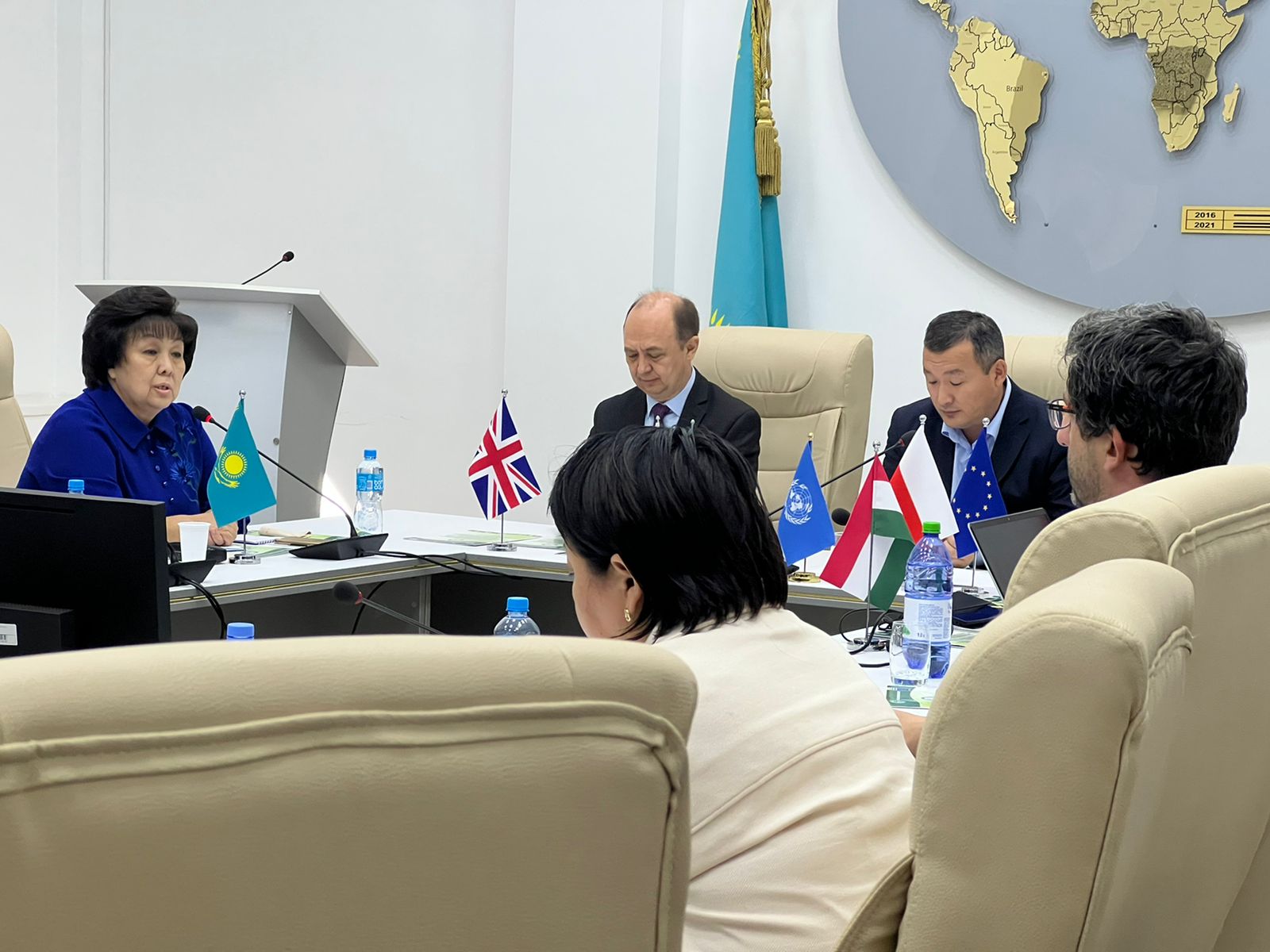
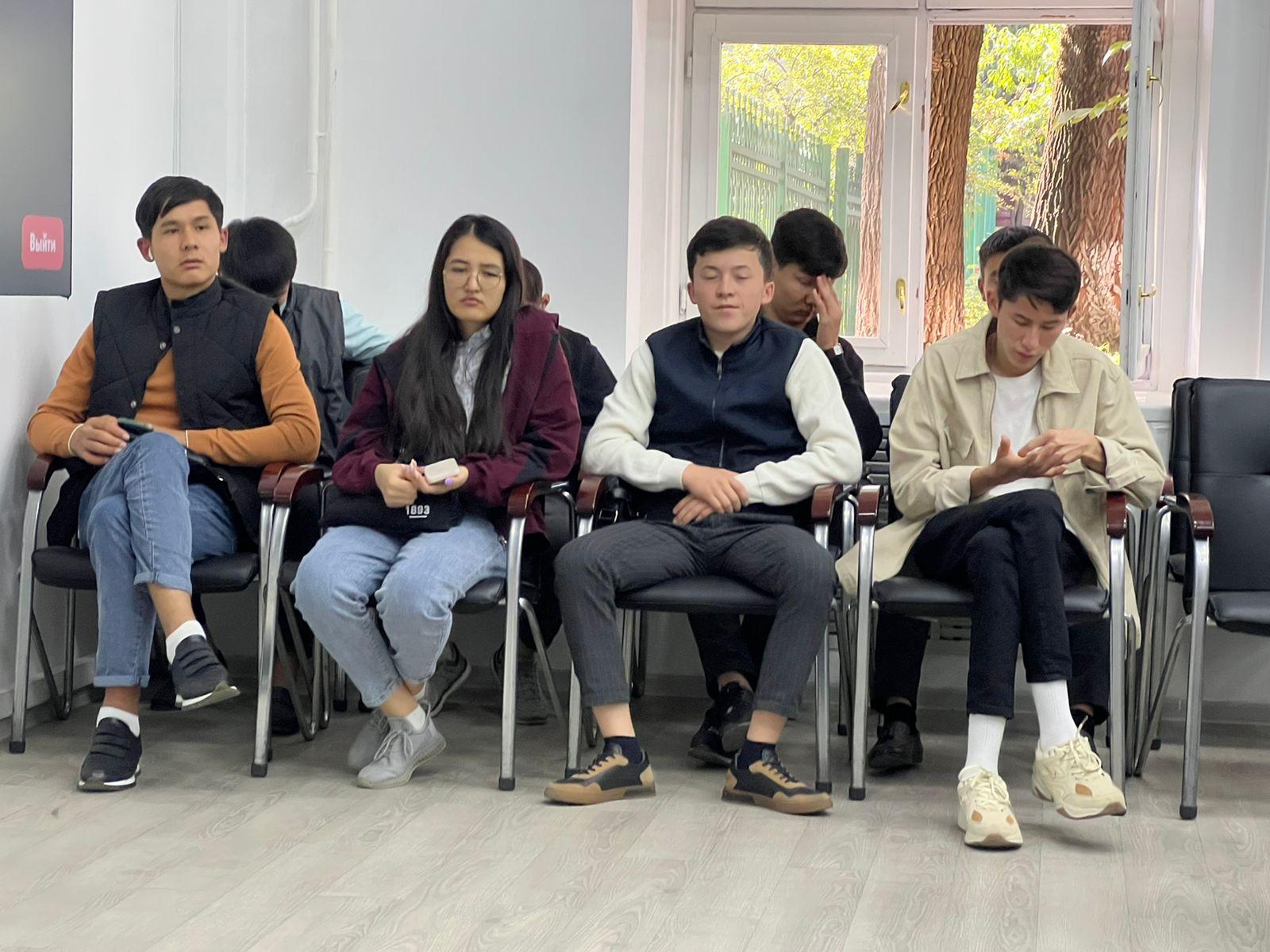
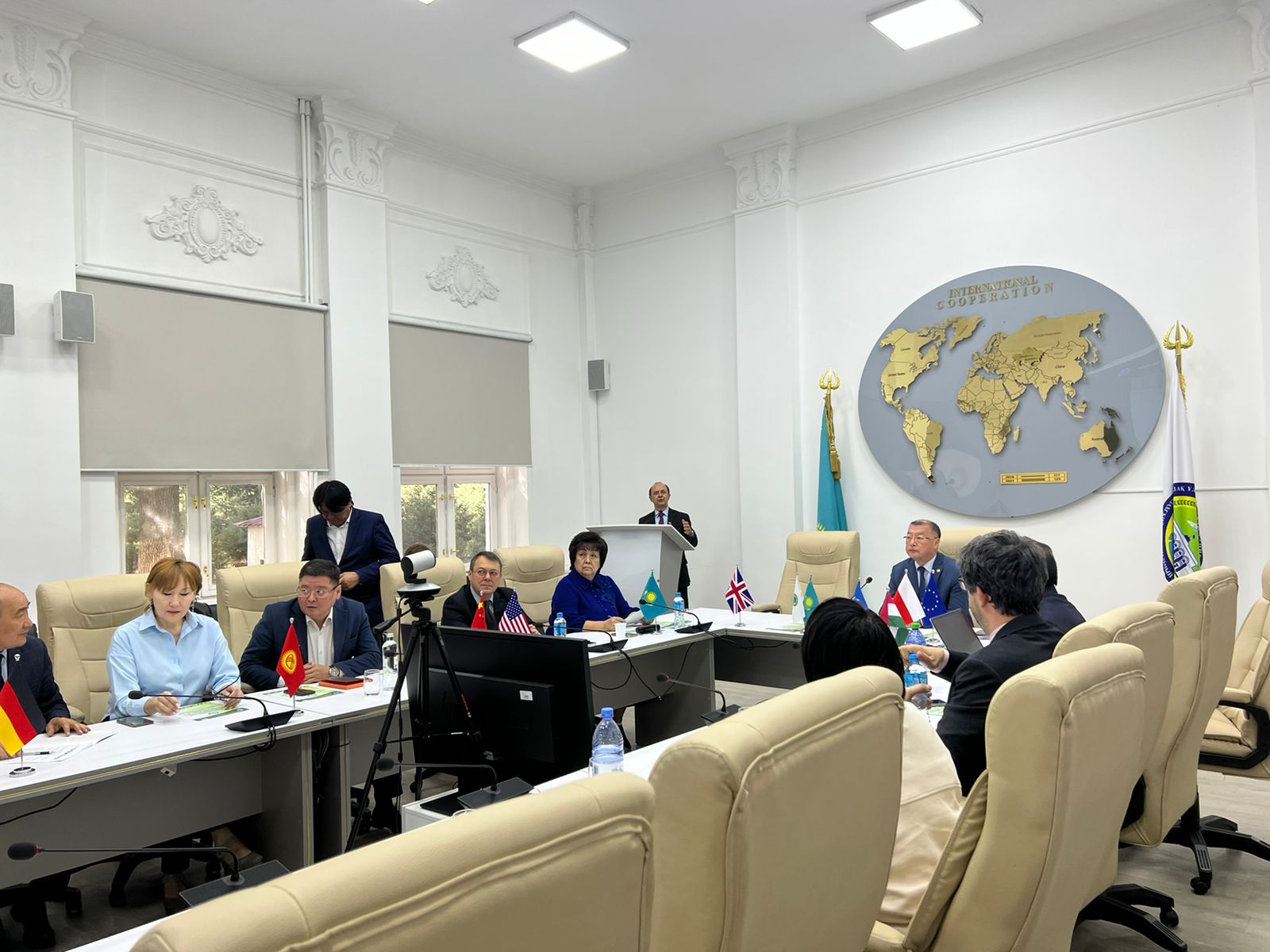
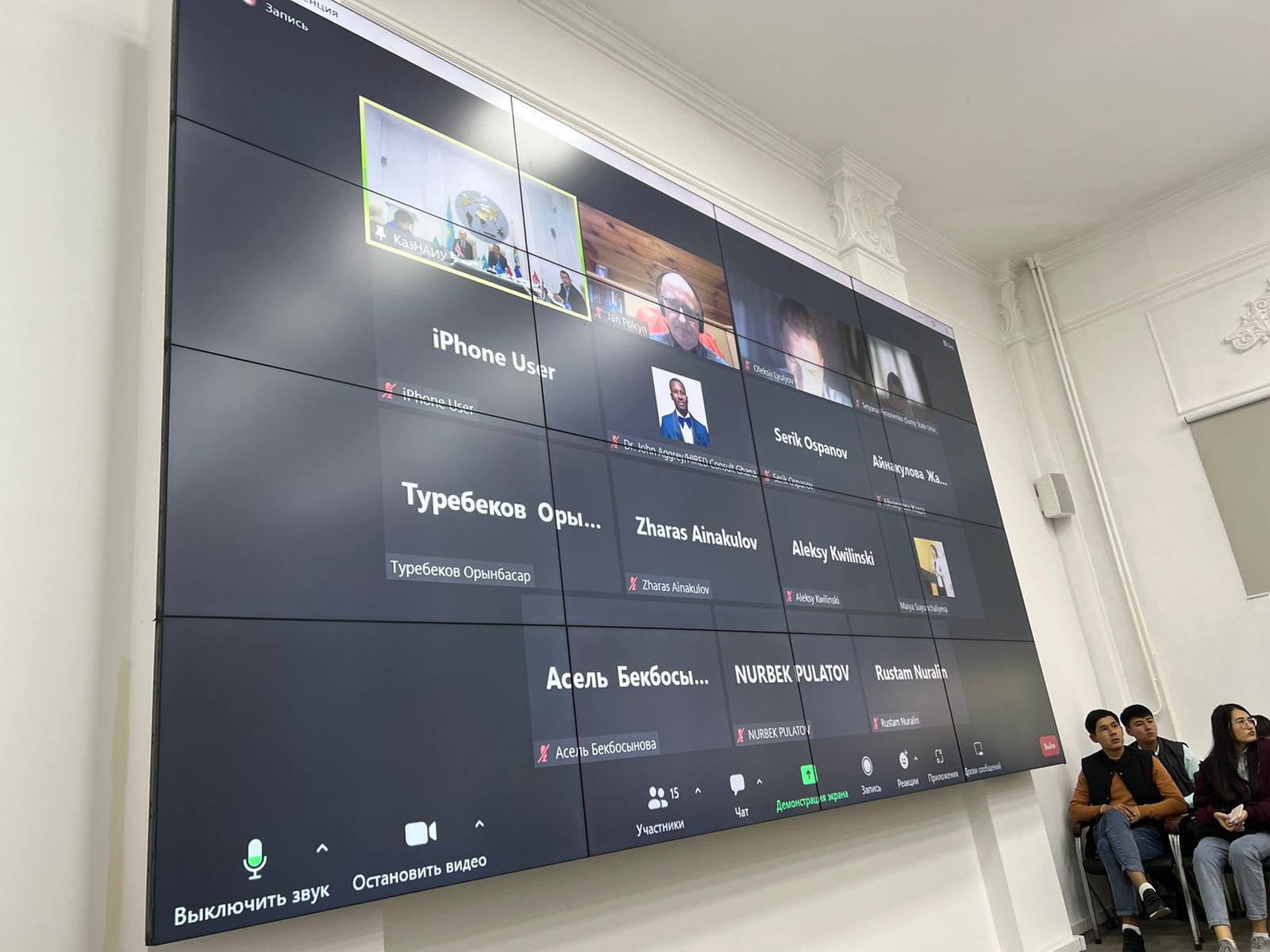
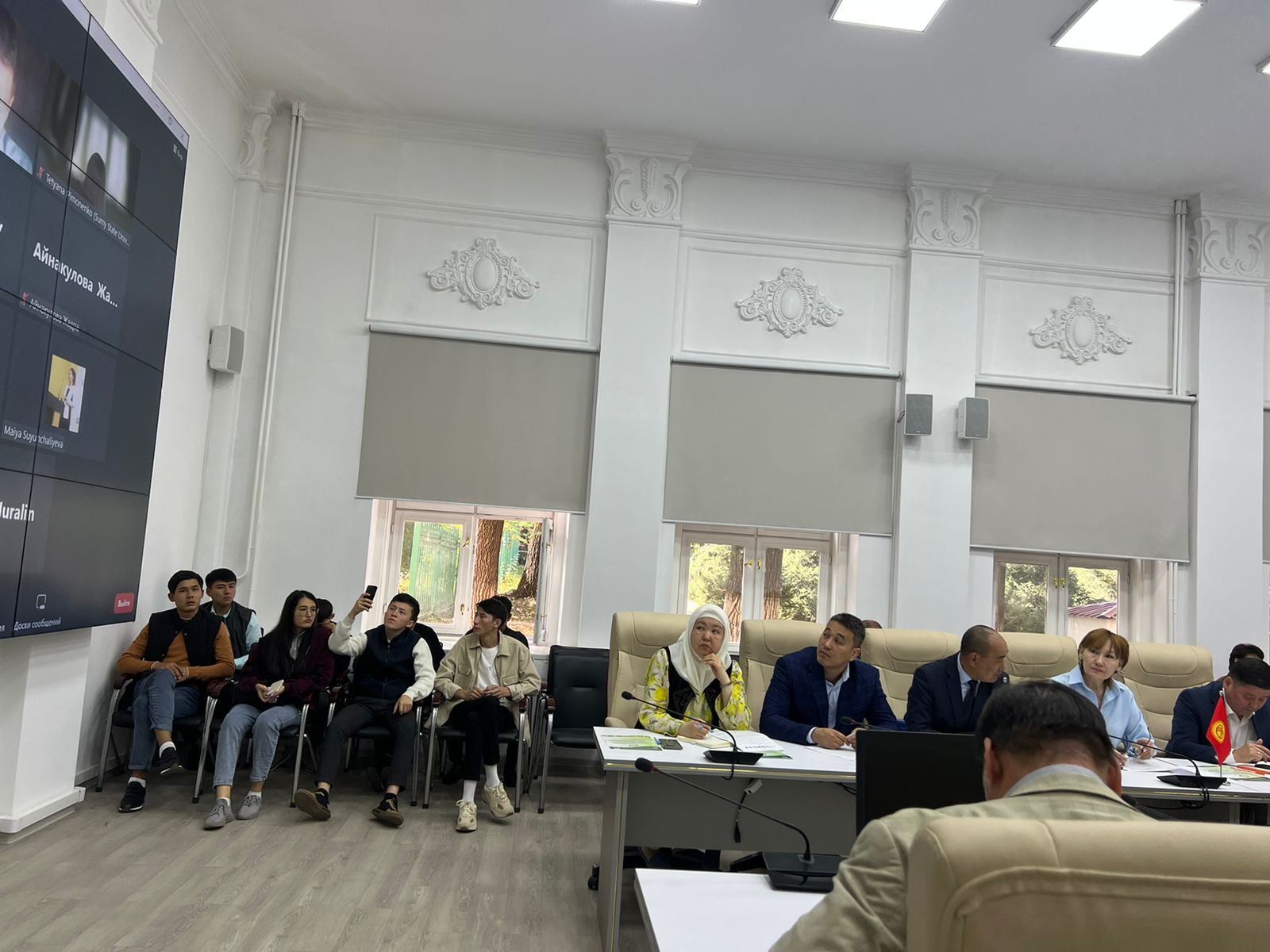
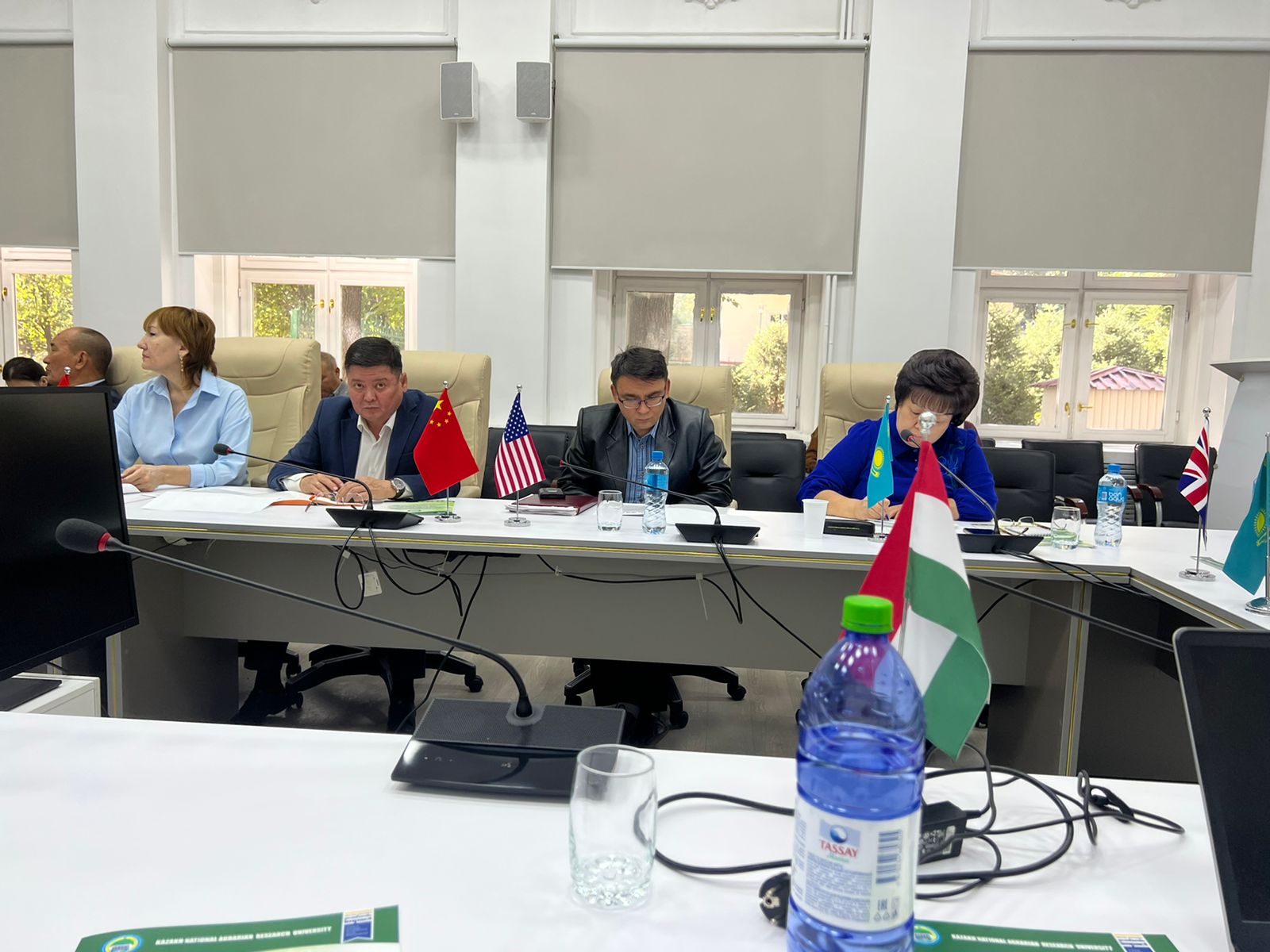


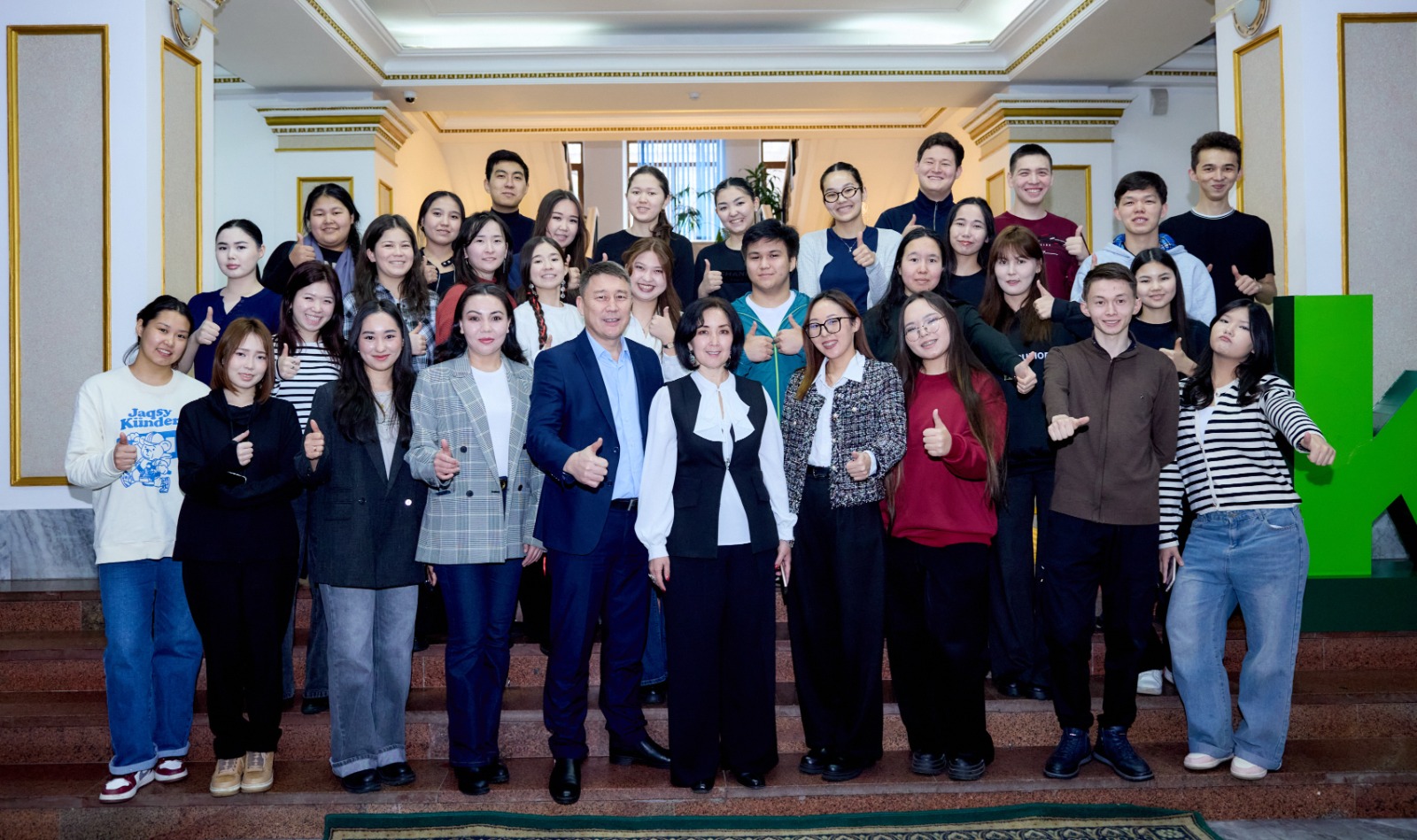
.jpeg)
